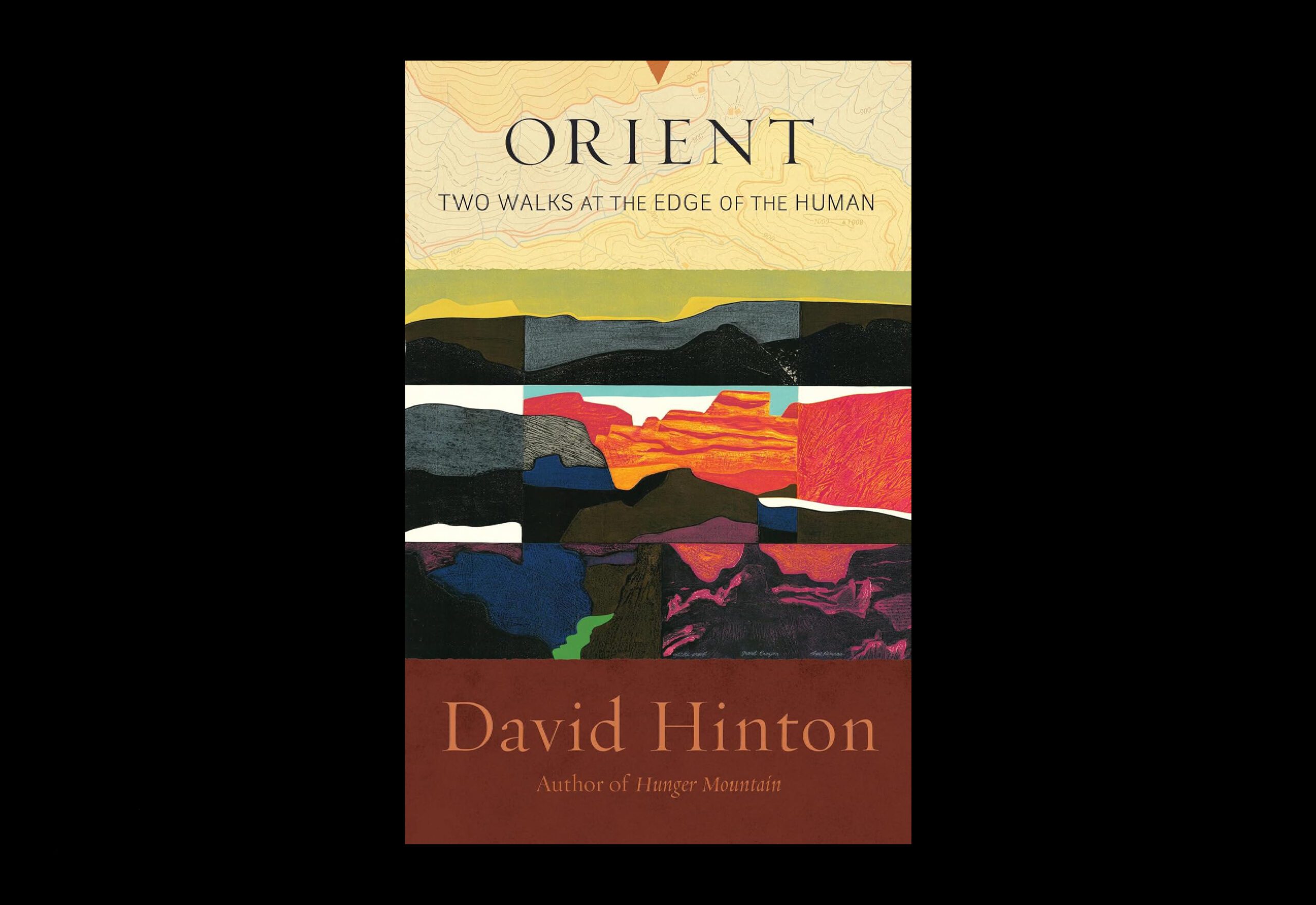Over the course of his long and accomplished career, David Hinton has authored books, composed poetry, and translated key works of Chan literature. In his latest work, Orient: Two Walks at the Edge of the Human, he combines all three of these disciplines in a unique and insightful way. The book traces two walks through the desert, as Hinton reflects on the archaeological ruins that he encounters and the natural world around him.
Orient seamlessly blends poetry and prose, grounding Hinton’s personal reflections in the broader context of Chan philosophy. He weaves in translations and interpretations of Chan ideas, offering readers a lens through which to view his meditations on the natural world and the nature of our existence.
This is a book that could have been written only by someone like Hinton, whose decades immersed in the poetry, philosophy, and literature of Chan have afforded a unique perspective and understanding.
Although the book is brief — just over one hundred pages — it requires a slow, attentive read. Hinton’s writing is deliberate and contemplative, inviting readers to pause, reflect, and engage deeply with his words. Reading Orient feels like walking alongside the author on his journey: watching the sky, feeling the expanse of the desert, and sensing the life that stirs within it.

